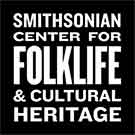SMITHSONIAN CENTER FOR FOLKLIFE & CULTURAL HERITAGE
Don’t Miss the First Hybrid Mother Tongue Film Festival
Celebrate ten years of the festival with ten days of free programming
:focal(512x385:513x386)/https://tf-cmsv2-smithsonianmag-media.s3.amazonaws.com/filer_public/d9/49/d94936c1-f2f4-4ba7-8e3e-da1612c79343/untitled_presentation_4_3_20250211_104701_0000.jpg)
For ten years, the Smithsonian’s Recovering Voices Initiative has supported an event like no other: the Mother Tongue Film Festival, a free multiday film festival that focuses on cultural and linguistic revitalization by showcasing films and filmmakers from around the world. The annual festival engages audiences with stories from filmmakers who share and celebrate languages. Through digital storytelling, it amplifies the work of diverse practitioners who explore the power of mother tongues to connect the past, present, and future.
“Celebrating our mother tongues—the languages we learned in childhood—reminds us of our shared humanity,” said Joshua Bell, festival founder and co-director, and curator of globalization in the Anthropology Department at the Smithsonian’s National Museum of Natural History. “Through the unparalleled medium of film, the Mother Tongue Film Festival showcases the diversity of the world’s mother tongues and presents other ways of seeing, knowing and being in the world.”
This year, to celebrate ten years, the festival is supporting ten days of programming: four days of in-person and six days of virtual screenings. From Thursday, February 20, to Sunday, February 23, at venues on or near the National Mall, it will offer 23 films in over 25 languages from around the world. Included in the list of films are award winning pieces, like Dahomey (dir. Mati Diop), a documentary that won a Golden Bear at the 2024 Berlin International Film Festival, was named one of the Top 5 Documentary Films of 2024 by the National Board of Review, and has been shortlisted in two categories for the upcoming 97th Academy Awards.
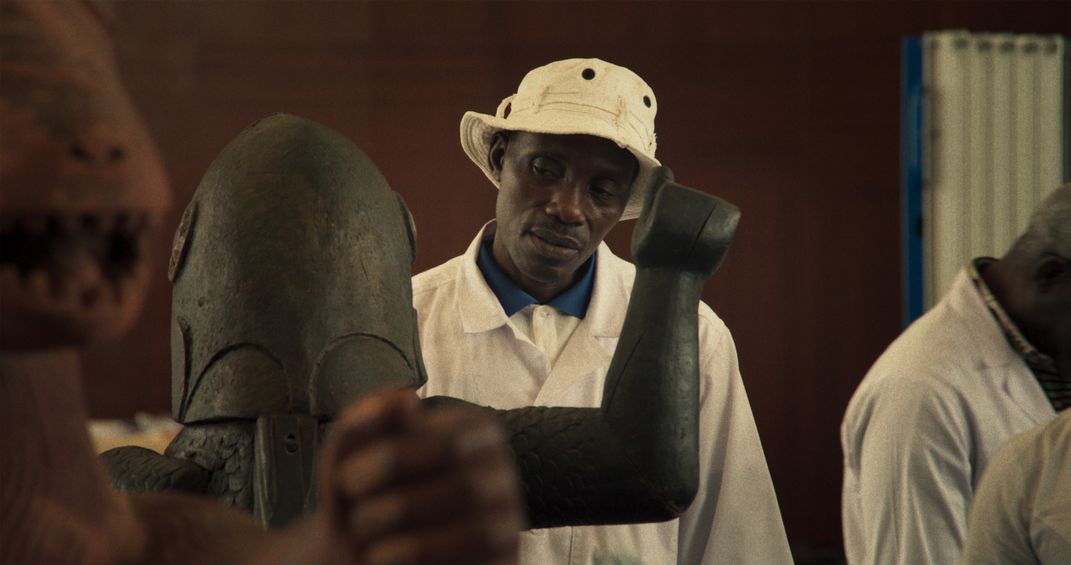
The digital retrospective will be held from Monday, February 24, to Saturday, March 1, screening films from previous years. Audiences will be able to sign up for specific programs and watch the films from the comfort of their homes. Programming for the in-person portion of the festival can be found on the Mother Tongue Film Festival website, and readers are encouraged to stay tuned for the upcoming digital program announcement.
The festival will kick off on Thursday, February 20, at the National Museum of the American Indian. The Zotigh Singers will offer a welcome song before a screening of award-winning Cree filmmaker Tasha Hubbard’s feature-length film, Singing Back the Buffalo. The film is an intimate story of reimagining North America through the lens of buffalo consciousness. Indigenous visionaries, scientists, and communities are rematriating the buffalo to the heart of the North American plains they once defined, signaling a turning point for Indigenous nations, the ecosystem, and the collective survival.
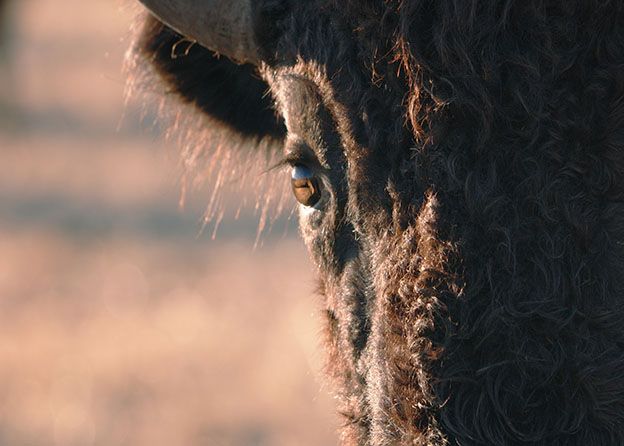
One of the most anticipated and critically acclaimed films is Dahomey, a poetic and immersive work of art that delves into real perspectives on far-reaching issues surrounding appropriation, self-determination, and restitution. Set in November 2021, the documentary charts twenty-six royal treasures from the Kingdom of Dahomey that are due to leave Paris and return to their country of origin: the present-day Republic of Benin.
Dahomey will be screened on Saturday, February 22, at the National Museum of Natural History as part of the Restitution program.
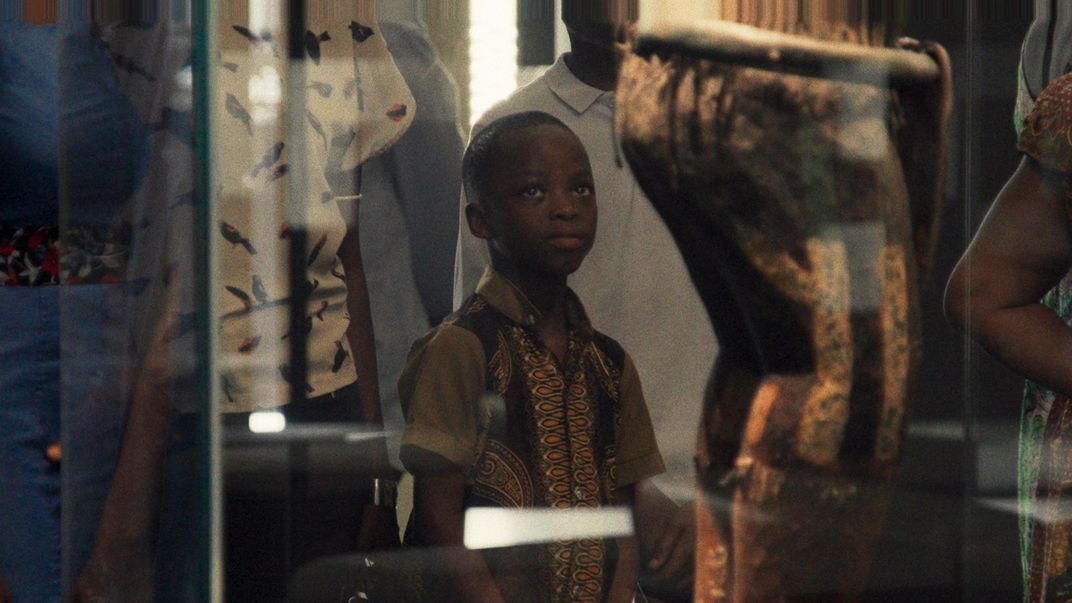
Mother Tongue would not be complete without at least one shorts program, and this year, the event is supporting two! Lives in Motion will screen six films on Saturday, February 22, at the National Museum of Natural History. These collected shorts focus on the passage of time and characters who wrestle with the boundaries of what was and what is to come. They take the audience around the world, sharing stories from Canada, Mexico, Panama, Samoa, and the United States.
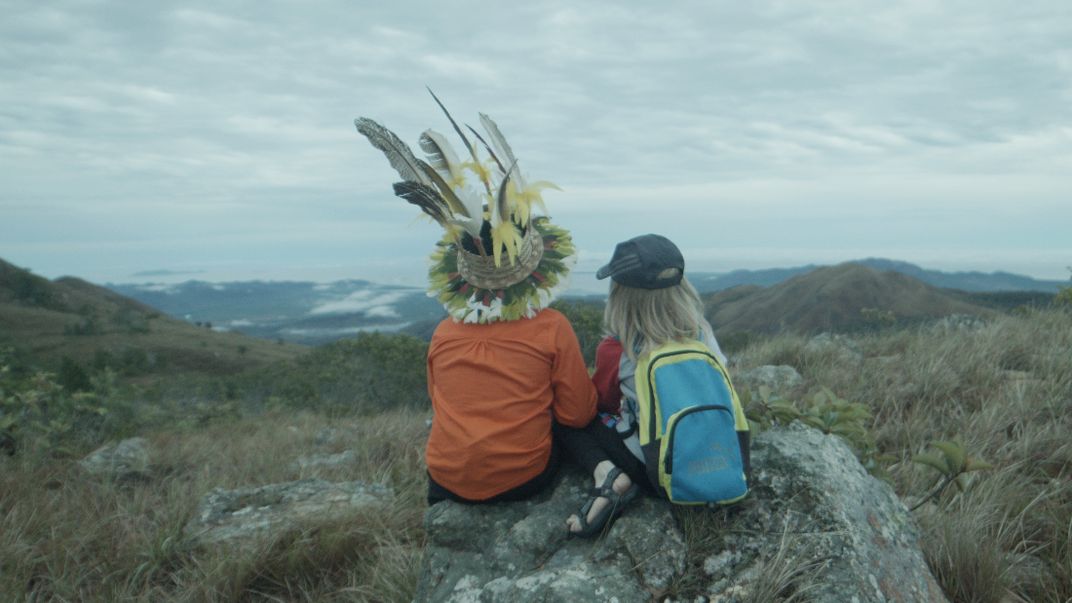
Honoring Our Relations is the family-friendly shorts program, which will be screened on Sunday, February 23, at the Hirshhorn Museum and Sculpture Garden. Five films will prompt the audience to think about relationships and connection. Among the selection is Miss Campbell: Inuk Teacher (dir. Heather Campbell (Inuit)), a film about Evelyn Campbell, a trailblazer for an Inuit-led educational system in the small community of Rigolet, Labrador, Canada; and The Queen’s Flowers (dir. Ciara Leinaʻala Lacy (Kānaka Maoli)), a magical take on a true story about Emma, a Native Hawaiian girl living in Honolulu in 1955, as she prepares a special gift for the last monarch of Hawaiʻi, Queen Liliʻuokalani.
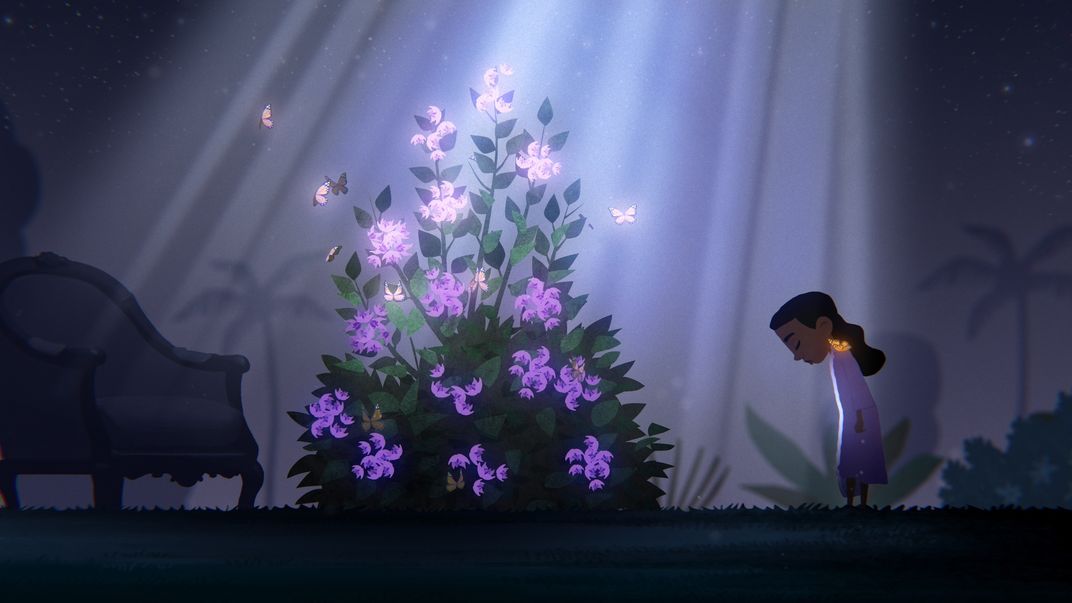
Readers are invited to explore the Mother Tongue Story Map (an interactive resource with every film ever screened at the festival) and the website for film details, schedules, trailers, registration links, and the venue map. Most films are fully open captioned or subtitled in English. American Sign Language interpretation will be provided for all introductory remarks, Q&As, and discussions. All venues are wheelchair accessible. Lastly, all screenings are free and open to the public.
The Mother Tongue Film Festival is a public program of Recovering Voices, a collaboration between Smithsonian’s National Museum of Natural History, the National Museum of the American Indian, the Center for Folklife and Cultural Heritage, and the Asian Pacific American Center.
